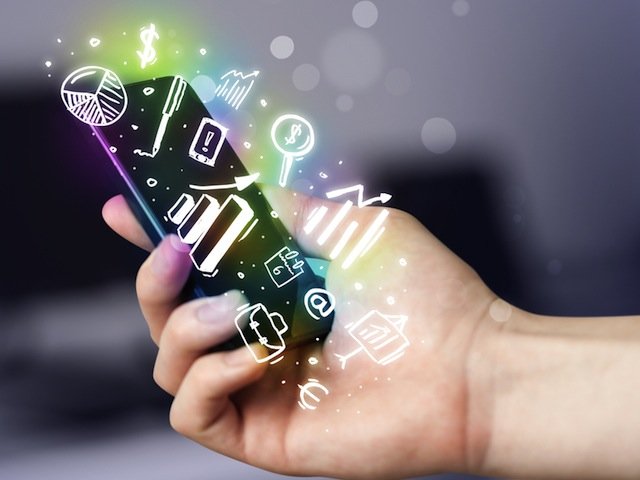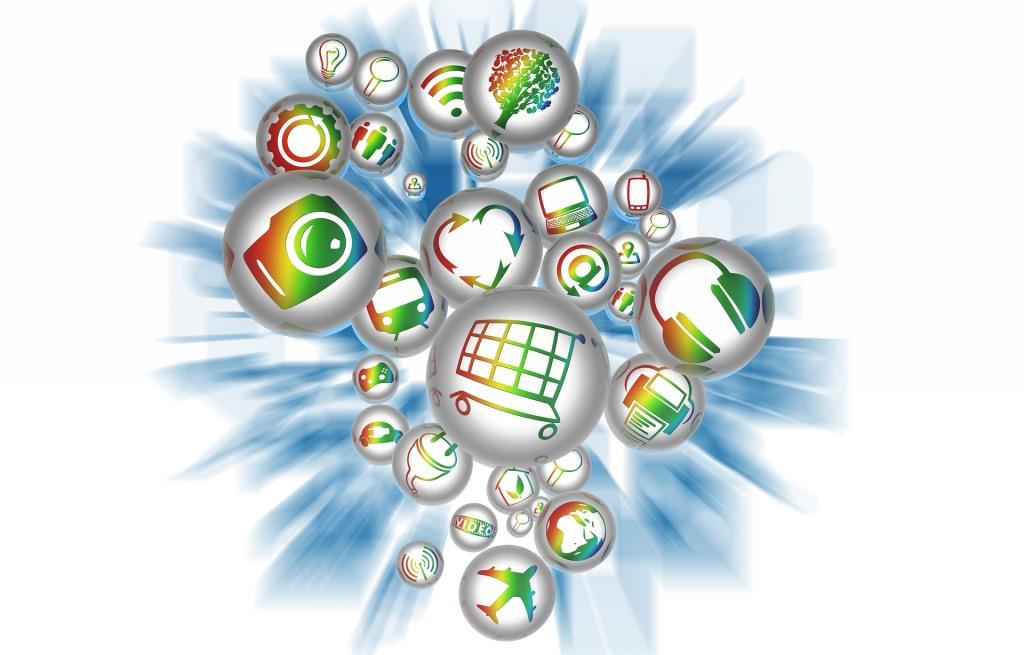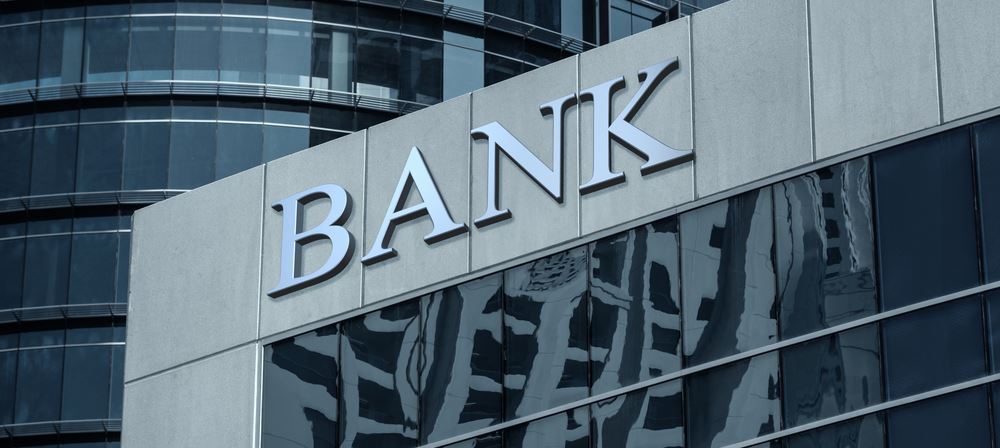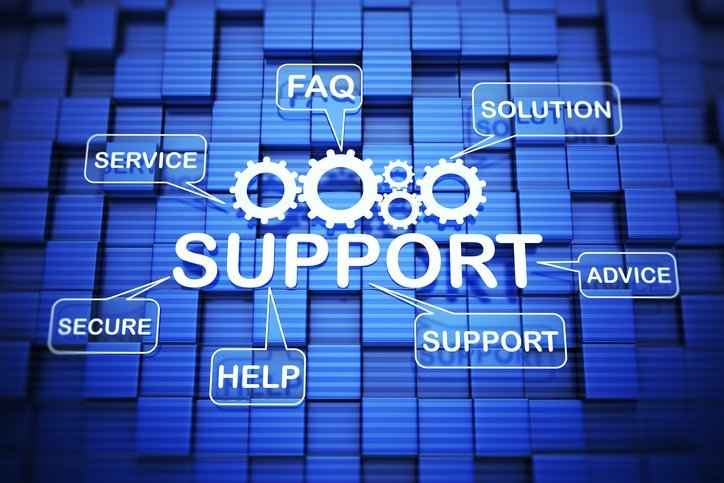Technology Intertwined with Human Behaviour; What are the Implications?

In this digital generation, the great shift to mobile devices and technology adoption has tremendously changed our mode of interaction. How we use these devices and how we respond to some activities on the devices. The way we feed information on certain applications provides a lot more valuable information about our behaviour, what we love. Our preferences and our everyday digital life. This brings about the evolution of “ Internet of Behavior (IoB)”.
According to the strategic predictions for 2020. Gartner said that the Internet of Behaviors is increasingly trending and will be known to everyone. And as digital practitioners, we may have no choice but to live with it as a society. It is also predicted that by 2023, 40% of all individual activities of the global population will be tracked digitally. This is aimed to influence the behaviours of digital users.
In this article, we will focus on what the Internet of Behavior (IoB) is. How businesses benefit from it. And how enterprises can use all collected user data from users’ online activities into something profitable to the organization. We will also embark on the privacy and security concerns that come along with this emerging technology
What is the Internet of Behaviours?

Reference made to Internet Of Things (IoT). This is a network of interconnected physical objects that gather and exchange information over the connected network (internet)
The Internet of Behavior extends from the Internet of Things (IoT). And the interconnected nature of physical devices to share information results in vast data amounts of new data sources. The data shared is data from clients provided as they interact with company applications and other users of tech. Organizations get access to this data with the help of the ‘sharing’ feature across connected devices.
Let’s take an example of a smartphone, with the use of the geolocation feature on these devices. The phone can track the users’ online activities and shifts in different geographical locations. Organizations can take advantage of this possibility to link your smartphones with your laptop. Your voice assistants at home and cameras, your car cameras, and or your phone records (texts and phone calls). From this, companies can tell more about their employees, including their interests, social behaviours, their character, and their online interests.
The value of the Internet of Behavior to organizations

With the evolving technology, organizations have benefited in multiple ways. From positively engaging customers to understanding where their interests in a product begin, their purchase journey. And the habits exhibited during the purchase of their choices of products. The Internet of Behaviours tool to organizations utilizes customer’s behavioural analysis and psychology to study unachievable data from users previously. This data includes the likes and preferences of customers, most-visited products from platforms. And behavioural patterns exhibited during the purchase of their adorable products. Internet of Behaviours also takes note of how clients interact with their mobile devices in their daily lives.
Organizations going forward can make use of the IoB as a powerful marketing and sales tool. Businesses gain a deep understanding of their customers. This will help organizations to build their product and marketing strategies to create and promote products that users will want to buy. This is to boost the development of the sales to businesses.
Security and Privacy issues brought about by IoB
When it comes to data in abundance, another concern about the privacy and security of this data raises. The IoB is not much regarded as problematic; many technology users have no problem syncing their devices. However, there is concern regarding the collection of data, navigation, and usage.

To many of the challenges faced by this emerging technology, security and privacy of data security is a growing concern. Many users admit that considering the security complications and inadequacy might slow their adoption and use of certain IoT devices.
Cybersecurity experts find IoT and IoB problematic because of the lack of a defined structure and or legality. IoB interconnects user data with their decision-making.
Internet of Things (devices) does not gather user data solely from their relationship with a single company. For example, a car insurance company in Uganda can look through a summary of a user’s driving history. What’s worse is with IoB, the insurers might also have an opportunity to the users’ social media profiles and interactions. To better understand or “predict” their driving experience. This is extralegal and beyond the data privacy of users.
Besides, this is not only the concern about the devices. Without the knowledge of the technology users, many companies distribute or sell user data across company lines without users’ permission.
Conclusion
The emerging technology proves beneficial for enterprises. Businesses can optimize their relationship with the users depending on the collected data. Just like we have witnessed the way IoT works by converting collected data about users’ behaviour into information. The question still stands, will IoB translate this attained information from our data into real wisdom?






Responses